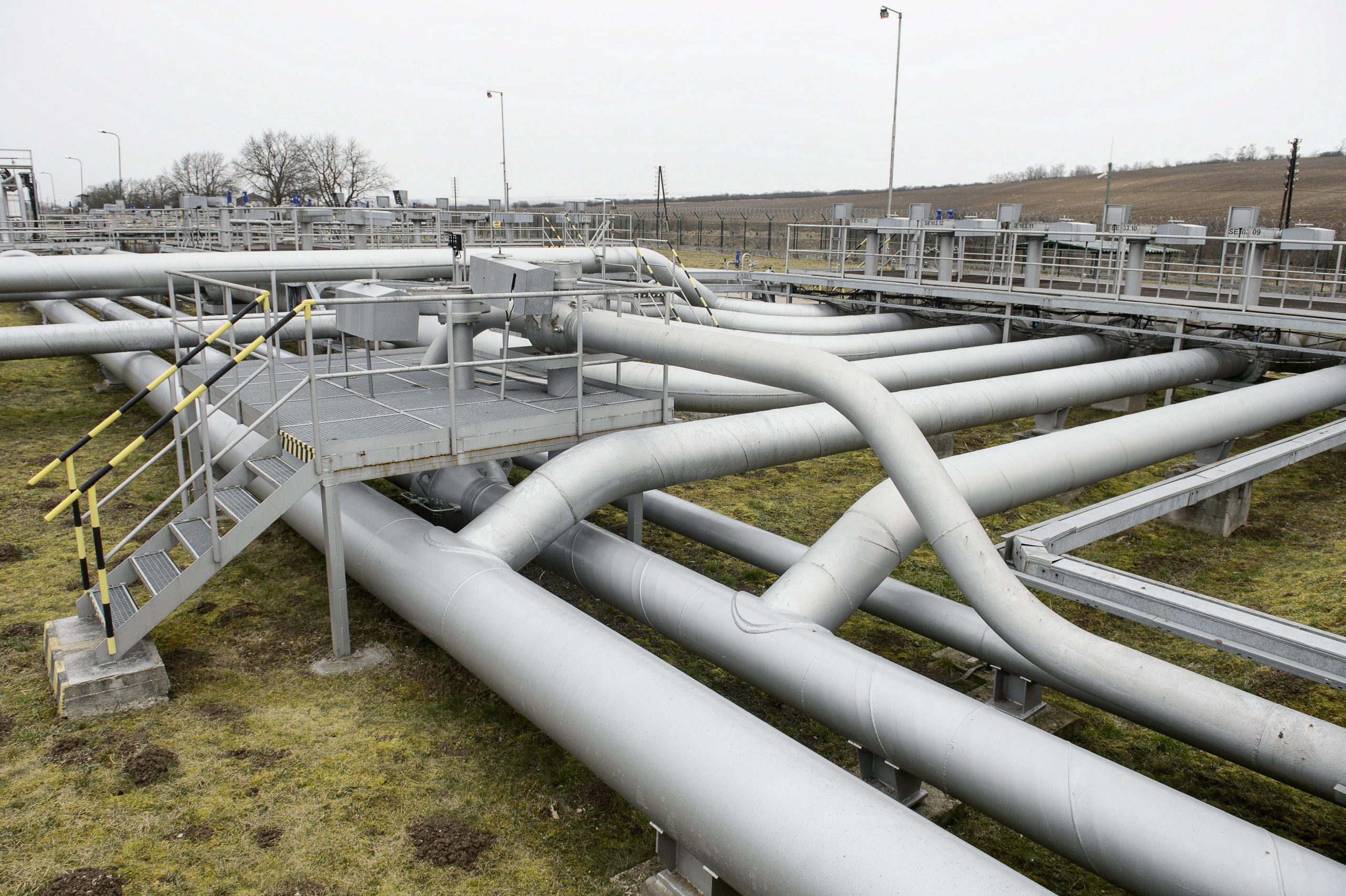
Foreign Minister Péter Szijjártó talked to CNN's Christiane Amanpour in London about the Ukrainian war, the oil embargo, refugees and "illegal migrants," Republicans, and more.Continue reading

Crude oil has stopped arriving in Hungary via the Friendship II pipeline (Druzhba pipeline) since August 4th, after Russian company Transneft stopped the delivery, Hungarian economic news site Portfolio reported.
The reason for this is that at the end of July, Gazprombank, citing Western sanctions, failed to transfer the transit fee to the Ukrainian pipeline operator Ukrtransnafta, which stopped the transit of crude oil and returned the money to Transneft.
Transneft said that Ukraine has suspended Russian oil flows to southern Europe since early this month because Western sanctions prevented them from receiving transit fees from Moscow, reported Reuters. According to Transneft, payments were made for August oil transit to Ukraine’s pipeline operator Ukrtransnafta on July 22nd, but the money was sent back on July 28th since the payment did not go through. The Russian company is now considering alternative payment systems.
The shutdown not only affects Hungary, but also Slovakia and the Czech Republic, which are also on the southern branch of the pipeline.
However, deliveries will continue on the northern branch via Belarus to Poland and Germany.
On the Ukrainian section of the Friendship oil pipeline, Russians are supposed to pay a transit fee, Hungarian news site Origo reports, but they have been unable to make the payment due to sanctions. According to Origo, Mol, a Hungarian multinational oil and gas company, has offered to pay the amount instead of the Russians, but has not received a reply from Ukraine.
The news of the shutdown was confirmed by Mol in a statement:
Although Mol has enough reserves for several weeks, it is working on a solution and has also initiated negotiations on the assumption of the fee obligation.”
The Friendship II pipeline has so far transported an average of about 250,000 barrels of crude oil per day from Russia to the three countries. According to an earlier indication from Mol, the average blending of Russian Urals crude oil at the Százhalombatta Dunai Refinery has recently averaged 70%.
Featured Photo: MTI/Komka Péter